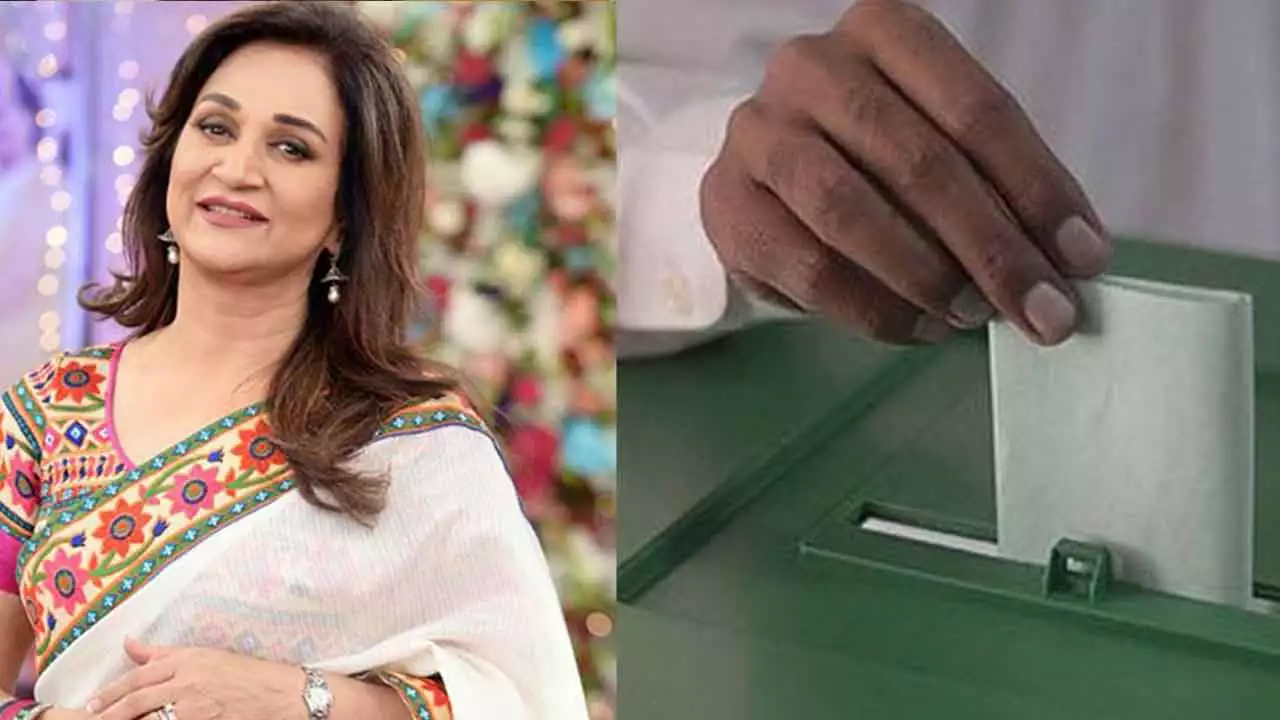Hamza Ali Abbasi is a well-known Pakistani actor who rose to fame through iconic dramas like Pyare Afzal, Man Mayal, and Alif. Over the past few years, however, he has garnered attention not just for his acting talent but also for his religious transformation and outspoken views on Islamic teachings. His recent comments on hijab have once again pushed him into the spotlight, igniting widespread debate across social media platforms.
Hamza Ali Abbasi’s Journey from Actor to Religious Voice
Hamza’s religious shift became evident after his marriage to actress Naimal Khawar. Soon after, he publicly announced a break from mainstream media to focus on spreading Islamic teachings. His transformation was met with both admiration and skepticism. While many respected his decision, others remained critical, especially when he made controversial statements related to Islam.
The Hijab Comment That Sparked Outrage
Recently, a podcast clip featuring Hamza Ali Abbasi went viral. In it, he shared his personal interpretation of the Islamic hijab. Hamza stated, Is head covering mandatory? No, it is not mandatory. I only read one place in Surah Al-Ahzab that the wives of the Prophet (peace be upon him) and his family were instructed to cover their heads. It does not apply to all other Muslim women.
This single statement triggered an online storm, with critics accusing him of misrepresenting Islamic teachings and spreading confusion among the youth.
Social Media Reaction to Hamza’s Hijab View
Social media users wasted no time in responding to Hamza Ali Abbasi’s hijab statement. Many labeled it as a gross misinterpretation of Quranic verses. One user wrote, This person is unfortunate, he has his own fabricated interpretations. It’s sad when intelligent people fall prey to liberal ideas.
Another user commented, “Don’t advise your wife to wear the hijab, that’s your choice. But misleading other Muslim women with such false interpretations is harmful.”
Religious References Cited in Response
Several critics referred to Surah Al-Ahzab, verse 59, which states: O Prophet! Tell your wives and your daughters and the believing women to draw their outer garments over themselves. That they may be recognized and not be persecuted.
This verse is widely interpreted by scholars as the Quranic basis for the obligation of hijab for Muslim women. Users argued that Hamza’s statement ignored this broader application of the verse and created unnecessary controversy.
Why Hamza Ali Abbasi’s Words Matter
As a celebrity with millions of followers, Hamza Ali Abbasi’s views carry weight—especially among young audiences. His hijab statement has raised concerns about the growing trend of public figures making unverified religious claims without scholarly backing. According to a 2023 report by Statista, over 60% of Pakistan’s population actively uses social media, making such statements highly influential.
Call for Responsibility in Religious Discourse
Many religious scholars and public intellectuals have emphasized the need for responsibility in discussing Islamic teachings. While Islam encourages reflection and understanding, interpreting sacred texts without proper knowledge can mislead followers. In Hamza’s case, critics argue that as a celebrity from the entertainment industry, he should refrain from making theological declarations without consulting qualified scholars.
One social media user summed up the general sentiment: His words have no value in religious matters. He belongs to film and TV, not to Islamic scholarship.
The Importance of Verified Knowledge in Islam
The hijab debate sparked by Hamza Ali Abbasi reflects a broader issue—how public figures influence religious perceptions. While he may have shared a personal viewpoint, the reaction shows that people are quick to demand clarity and accountability when it comes to faith.
As discussions continue, one thing is clear: religion requires careful interpretation, and those who speak on it in public should do so with caution, supported by authentic knowledge. Whether Hamza chooses to clarify his statement or not, the controversy serves as a reminder of the power of words—and the responsibility that comes with influence.



